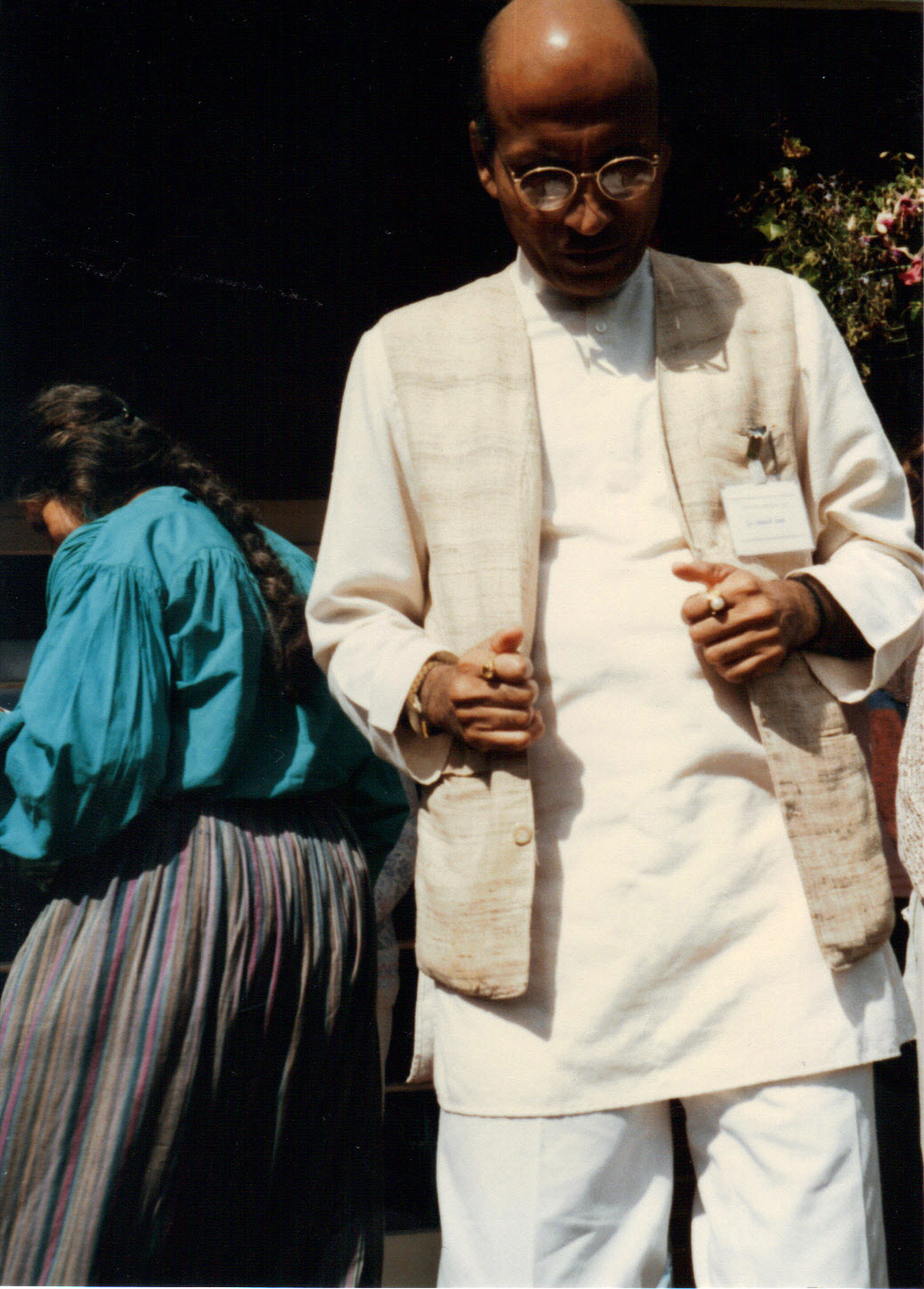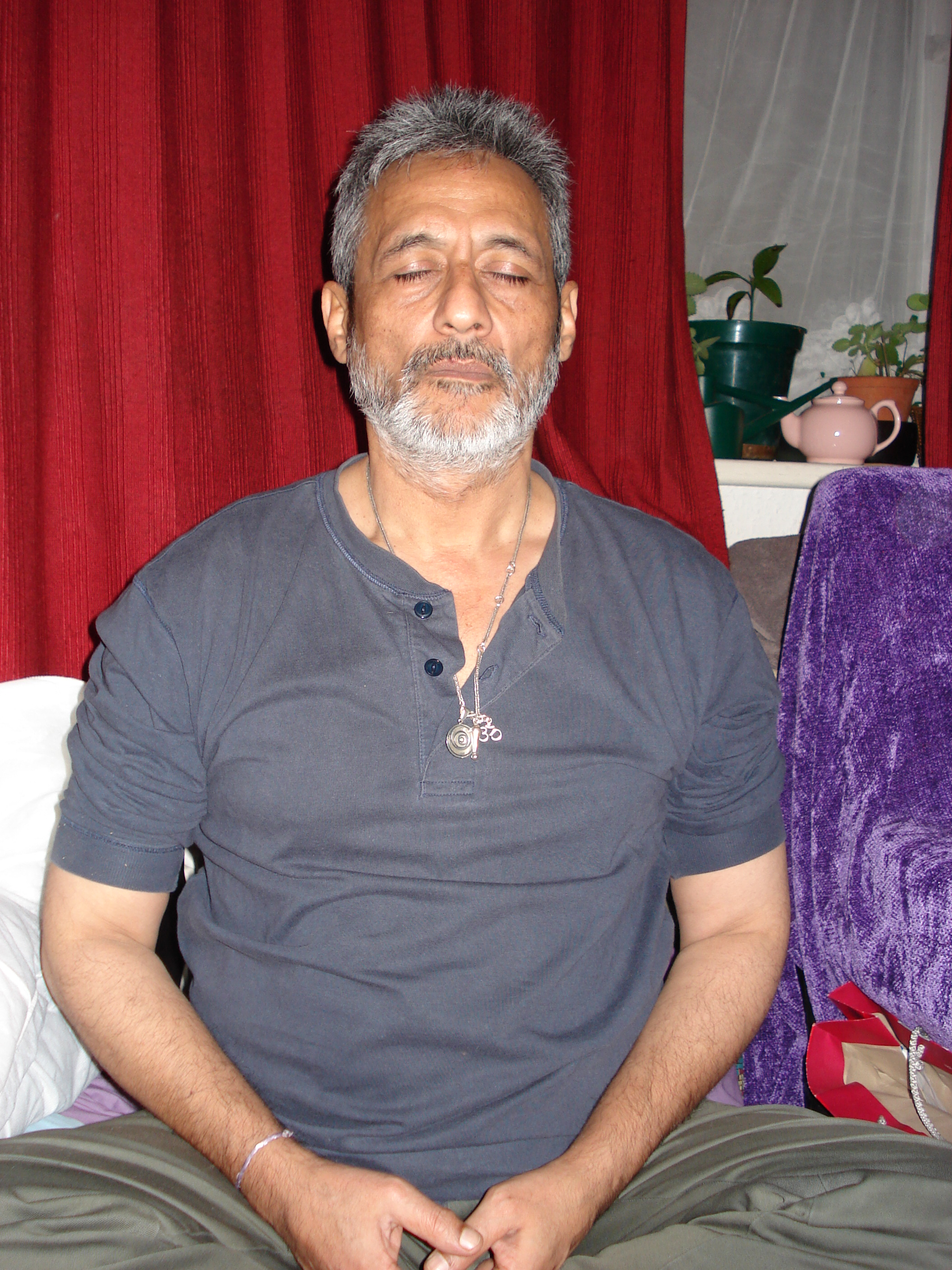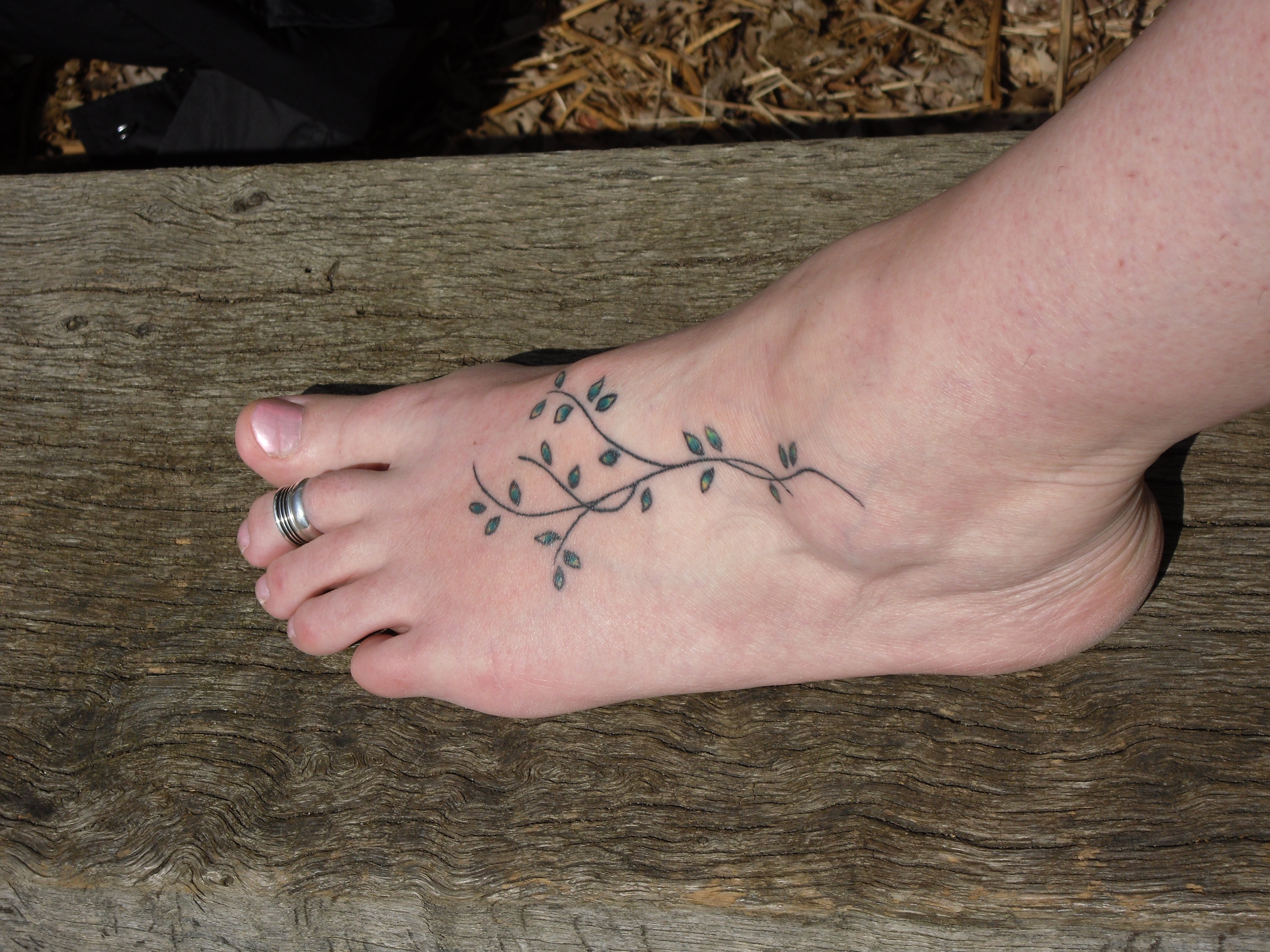Health
Ayurveda
We could not have a full understanding of Yoga without knowing something about Ayurveda. Yoga Ayurveda and Tantra are three peas in the same pod and knowledge of any one of these will overlap into the other. Ayurveda is translated as Life Science or the Science of life. It is considered to be the mother of all natural medicine and in good, responsible hands is one of the most remarkable holistic medical systems in the world.
Unlike orthodox medicine Ayurveda acknowledges the individuality of every being and provides the insight for each individual to live a healthy, balanced life in harmony with our outer environment as well as with our inner nature.
Ayurveda covers physical, emotional, mental and spiritual aspects of our well being and is primarily a science of self healing. Wholeness with our inner self is its ultimate aim. Diet, lifestyle, yoga practice, massage, pressure point therapy, inner cleansing methods are all important aspects of this healing system.
Whilst Ayurveda is practised widely in India today, it is important to find a true practitioner. There are many men claiming to be trained Ayurvedic masseurs in the Indian resort areas whose credentials are questionable. It is important to remember that Indian culture and tradition rarely advocates mixed gender massage and I am constantly hearing from people who have felt uncomfortable with the treatment they received. It is important that we approach Ayurvedic treatments with an understanding of the background from which they ensue so that we can be selective in our search for good Ayurvedic practice.

Dr Vasant Lad at Old Jordans during a week long residential seminar.
One other important factor is that there are few quality inspections carried out in India and the herbs are not always of good quality, some may even contain traces of heavy metals so please be careful when seeking treatment in India. My Ayurvedic teacher would recommend that we look for herbs that are native to where we live for our best medicines because they will be more likely to contain the qualities we need for living healthily in our natural environment.
I hesitate to recommend that you look for qualified practitioners only, because there are many practitioners who may not have the university degrees now required by today’s standards yet are wise beyond all measure and to exclude such people would be a great loss. However it is a good idea to be informed and to use intelligence when selecting a practitioner in India as in any other country.
For further information please refer to the booklist and feel free to write a review of any of the books mentioned or to post up your comments. I will also be including links for Ayurvedic and other health practitioners in the UK.
Shiatsu
Shiatsu is a bodywork therapy based on Chinese meridians and diagnosis using a Japanese massage technique known as "Anma"
It treats the body, mind and spirit through touch, technique, and empathy.
I often refer students who are experiencing difficulties in their Yoga asana practice or have very stiff or painful bodies to go for a shiatsu treatment. I have found it extremely helpful in releasing blocked energy and opening up the body/mind. It is also very relaxing. For more information contact Dinesh at: dinb50@hotmail.com.

Reflexology (Foot pressure point therapy)
As with all pressure point therapies Reflexology has its background in traditional natural medicine. It incorporates the concepts of pressure points and energy flow in its treatments and treats the whole body via specific access points in the feet or hands. The feet and hands contain important energy access points that act as receptors to the whole Body/mind.
In basic terms, it improves circulation and balances the metabolism whilst relaxing the body and calming the mind. But there is more to it than that.
For further information and to experience a treatment based on Ayurvedic methods and principles contact Liz at trimurti@hotmail.co.uk.
